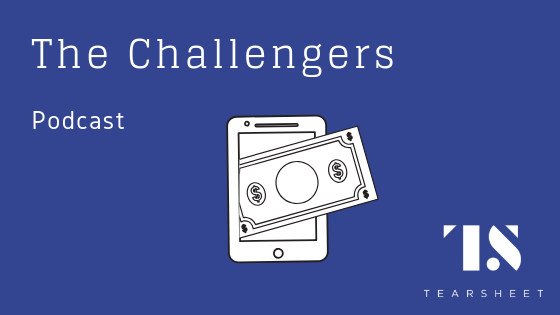New banks
The Challengers 13: COVID-19’s impact on digital banking, growth slows at OakNorth, Square as a bank
- On this episode of The Challengers, Josh and Zack discuss the implications for digital banking when branches are closed.
- Also, ex-PayPal and Intuit boss Bill Harris launches a new digital bank.








